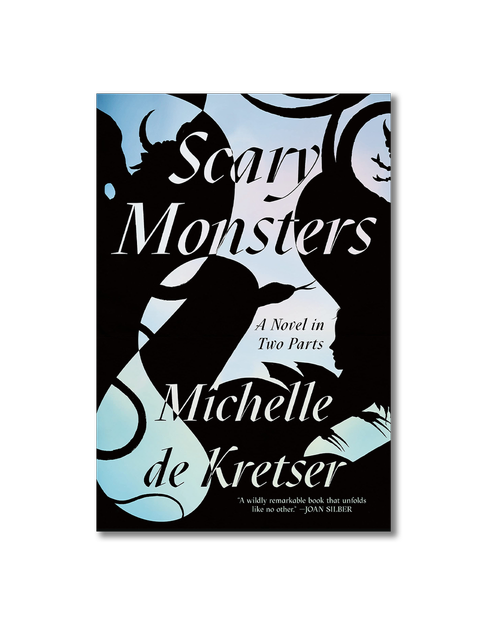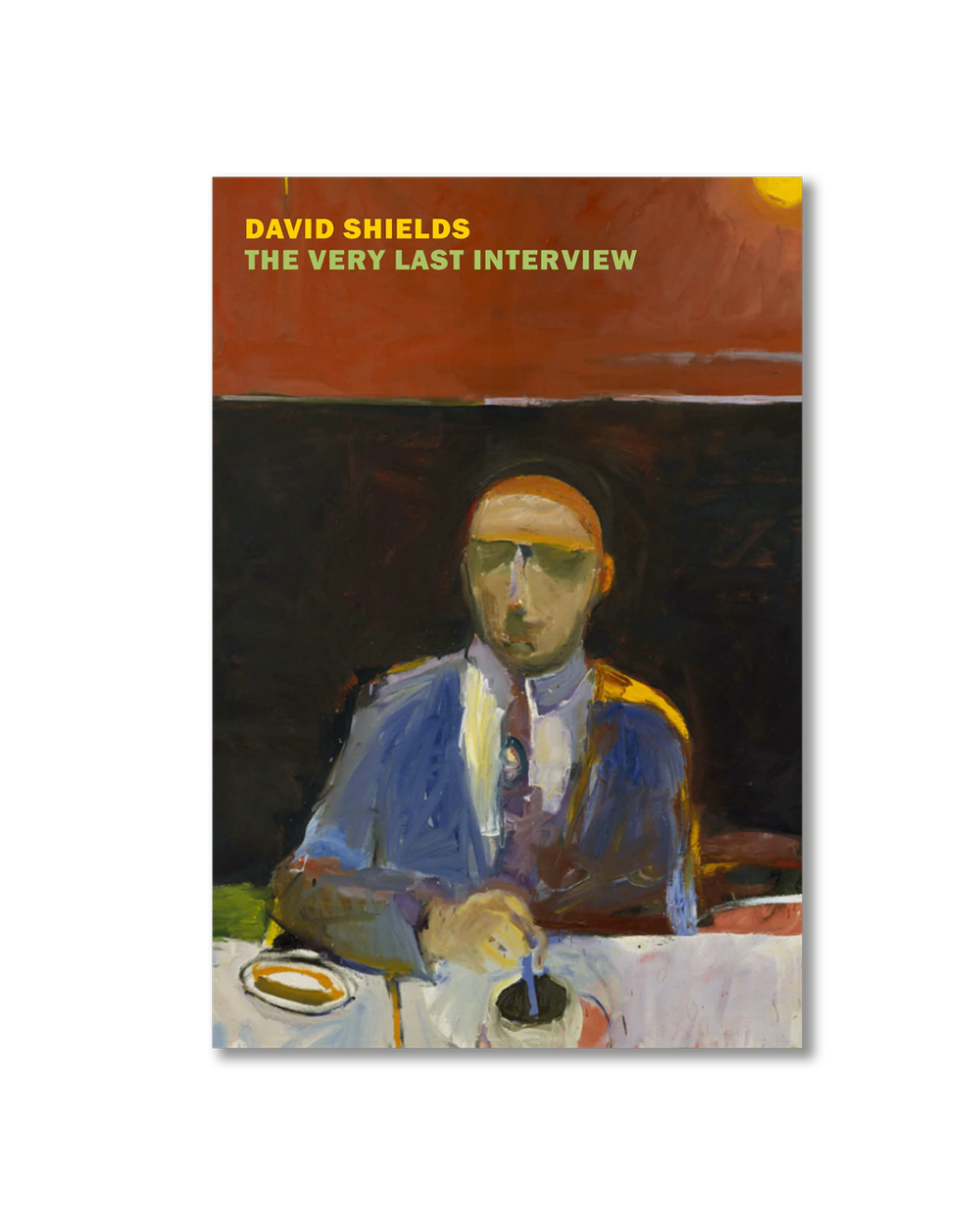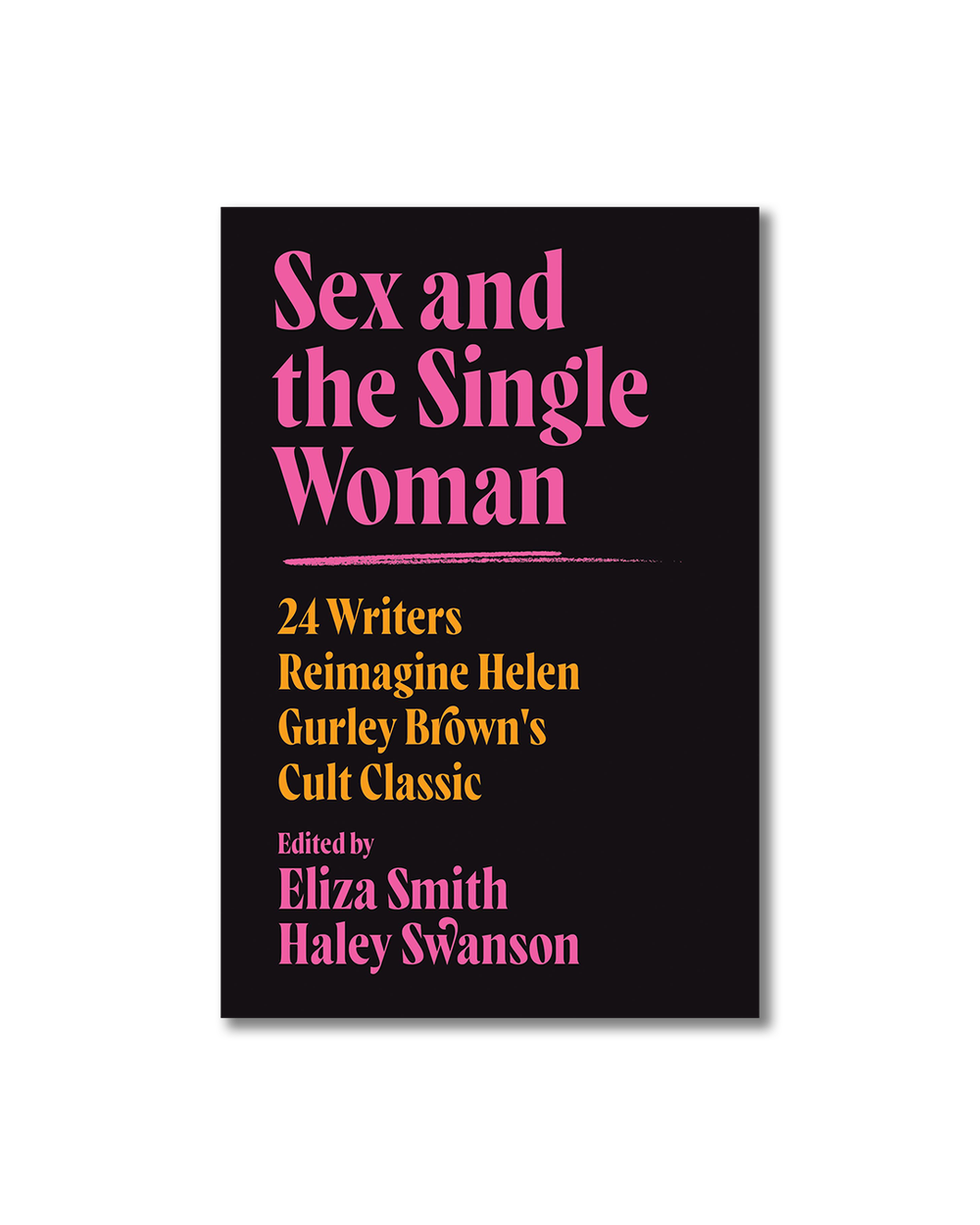Still Experiencing the Reverberations: On Kevin Boyle's "The Shattering" & Michael Schumacher's "The Contest"
Any nonfiction writer who undertakes to describe the past always face a preliminary methodological question: How to slice the pie.
Mother Tongues: On Yoko Tawada's "Scattered All Over the Earth" & Jessica Au's "Cold Enough for Snow"
Two new books revolve around one place.
It Does Not Give Answers: On Caren Beilin's "Revenge of the Scapegoat"
Caren Beilin’s Revenge of the Scapegoat is a book about desire, community, and family—but mostly it is story about pain and what we do with it.
Each a Mirror of the Other: On Michelle de Kretser's "Scary Monsters"
Scary Monsters by Australian author Michelle de Kretser begins with a choice. Not a character’s choice, but the reader’s: from which of the two front covers will you begin?
Girlhood's Collective Trauma: On Rochelle Hurt's "The J Girls: A Reality Show"
Part poetry, part (screen)play, Rochelle Hurt’s The J Girls: A Reality Show, winner of the 2021 Blue Light Book Prize, interrogates the collective trauma of women coming of age.
Fiction of Our Climate: On Imbolo Mbue's "How Beautiful We Were"
“But these Americans, with their abundance of knowledge, how can they be powerless too?”
Systems Lack the Language: On Alia Trabucco Zerán’s “When Women Kill”
When Chilean novelist and scholar Alia Trabucco Zerán describes her latest research project, “men and women alike furrow their brows, wince, and then nod their heads in approval of my decision to tackle such a pressing, awful, and all-too-common problem in Latin America.”
Wildness and Heat: On Andrea Abreu’s “Dogs of Summer”
You might want to avoid reading Andrea Abreu’s gloriously visceral Dogs of Summer around meal times.
“I could escape into my ambition”: On Emi Nietfeld’s “Acceptance”
In recent years, non-fiction publishing trends have graced the earth’s commuters with a steady diet of proto-political memoirs from authors who rose from economic instability to occupy more-or-less esteemed positions in professional society.
Writing for the Future: On Melissa Febos’ “Body Work”
Imagine this. You’re six, and you’re playing in the sand pit arranging piles of grainy earth into neat, abstract pyramids.
Dogged and Flawed: On Garrett Stack’s “Yeoman's Work”
Garrett Stack’s debut collection of poetry, Yeoman’s Work, paints the world of the working-class using all the hues of a blue-collar pallet.
Keeping the Negative: On Ann Marks’ “Vivian Maier Developed”
If I write that Vivian Maier was a photographer, you'll misunderstand.
Haldane’s Demand: On Zain Khalid's "Brother Alive"
We’re in someone’s kitchen; a kid is sitting on the floor.
The Blurred Man: On David Shields' "The Very Last Interview"
The cover of David Shields’ The Very Last Interview features a blurred man in a suit and tie, his skin an inhuman green.
Universe of Pointless Terror: On László Krasznahorkai's "Chasing Homer"
Chasing Homer by László Krasznahorkai is a novella that defies and transcends summarization.
The Necessarily Unadorned: On Frank Bidart's "Against Silence"
Explicit vulnerability in the face of great evil renders the vulnerable both a target and a champion of resilience against oppression.
The Problem with Advice: On “Sex and the Single Woman”
Can dating advice ever be universal?
Convergence and Departure: On Donatella Di Pietrantonio's "A Sister's Story"
There is perhaps no archetype of sisterly devotion as enduringly popular as Little Women’s March girls.
Little Bomb of Pleasure: On Conor Bracken's "The Enemy of My Enemy Is Me"
“A man can dwell inside a city,” writes Conor Bracken in “Shock & Awe,” “and leave untouched / but what man is there can dwell // within the chambers of another man / and stay himself?”
The Moment You Open the Door: On Kathryn Davis' "Aurelia, Aurélia"
It should come as little surprise to fans of Kathryn Davis that at the beginning of her latest book, Aurelia, Aurélia, she expresses her fondness for both the television series Lost and the middle section of Virginia Woolf’s To The Lighthouse.




















